Diwali, the festival of light and hope has several ills, states Ruchira. An exclusive for Different Truths.
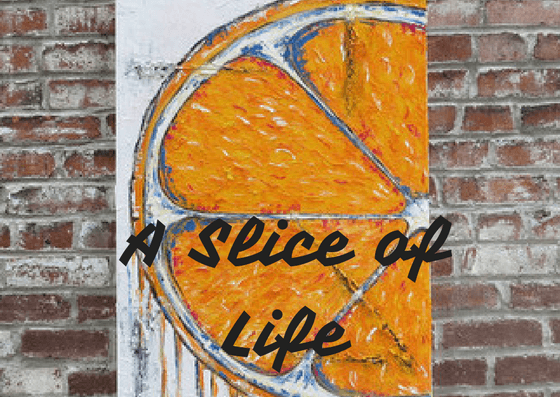
“Dispel the pall of gloom and despair, let there be light everywhere, light a lamp within your hearts, and thereby conquer darkness and evil…,” Tagore wrote in his immensely popular song dedicated to the festival of lights. Indeed Deepavali, in its truest spirit does not pertain to any sect or faith perse; it has eternal, universal and humane connotation and significance.
In every age, since the dawn of civilisation, human beings dreaded darkness, which symbolises all that is bad, evil, and ugly (in many cases death too) in their environment. Naturally, it has been mankind’s relentless endeavour to transcend the spell of darkness to usher in brightness in their lives. And what better way is there to highlight the contrast between darkness and light than by means of festivals? How else could one involve the maximum number of people?
Delving into the history of divergent cultures, we find various ethnic groups observing festivals of lights in some form or the other. Be it the Hebrew/Jewish Hanukkah or the Celtic Samhain, the underlying spirit is essentially the same: a celebration of light, which denotes victory, hope and prosperity.
Devoid of pomp splendour and hype Shri Ram Chandra is the quintessential human being, who after putting up a heroic fight rescues his spouse from captivity and returns home triumphant. His loyal subjects, on their part, celebrate the momentous occasion with a luminous extravaganza.
Given the Indian context, the antecedents of Deepavali are too familiar to be reiterated here. Devoid of pomp splendour and hype Shri Ram Chandra is the quintessential human being, who after putting up a heroic fight rescues his spouse from captivity and returns home triumphant. His loyal subjects, on their part, celebrate the momentous occasion with a luminous extravaganza. So far so good.
However, throughout my life I have never ceased to wonder: Where did all the crackers and fireworks come from? Who incorporated them into the celebrations? What do they signify, pray? Illumination by lamps has a touch of spiritualism. But crackers? Nah! Trust me, they are a veritable nuisance. For one, the noise is deafening. Two, the fumes odious, toxic. Most importantly, innumerable innocent pets and other domestic creatures are frightened out of their lives for no fault of theirs. It is a pathetic situation.
The festival is bristling with many other flaws. Gambling often ends up in bloody fights; vehicle driving in inebriated condition resulting in gruesome accidents and loss of lives, street brawls, fire accidents within home premises and more. On a personal note, three people in my closest circle succumbed to fire mishaps during the festival at various points of time.
The festival is bristling with many other flaws. Gambling often ends up in bloody fights; vehicle driving in inebriated condition resulting in gruesome accidents and loss of lives, street brawls, fire accidents within home premises and more. On a personal note, three people in my closest circle succumbed to fire mishaps during the festival at various points of time. Each one was so young and full of life. Their untimely death left me traumatised, lifelong.
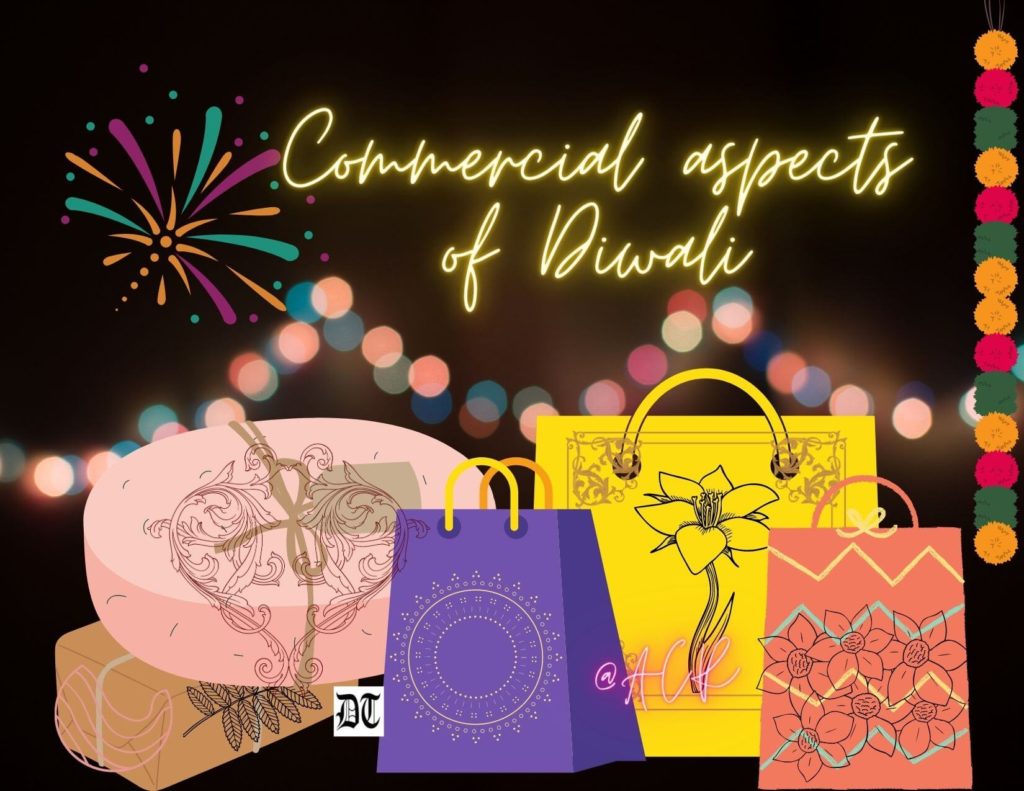
Considering the commercial aspects the period around Diwali witnesses fierce competition in terms of product quality and packaging, followed by aggressive marketing and sales; price of ordinary commodities are hiked, which ordinary people may ill-afford; yet they end up buying the expensive stuff as a face-saving gimmick.
This, I feel, detracts from the merit of the festival whose keynotes are joy, bonhomie, and the spirit of brotherhood. In today’s scenario when more and more people are turning health freaks the voluminous packages of sweets and salted snacks will do a fat load of good. On the contrary, these gooey goodies will add to their girth, thus reversing the outcome of their physical exercise regimen.
For a change, why not plan a Diwali with homeless kids or terminally ill patients? That would be a noble gesture for sure.
No, I do not advocate a dismal, insipid, lacklustre Diwali. I wish to stress there are better ways to celebrate this solemn festival rather than indulging in frenzied competition and mindless display of one’s affluence. For a change, why not plan a Diwali with homeless kids or terminally ill patients? That would be a noble gesture for sure.
Visuals from Different Truths
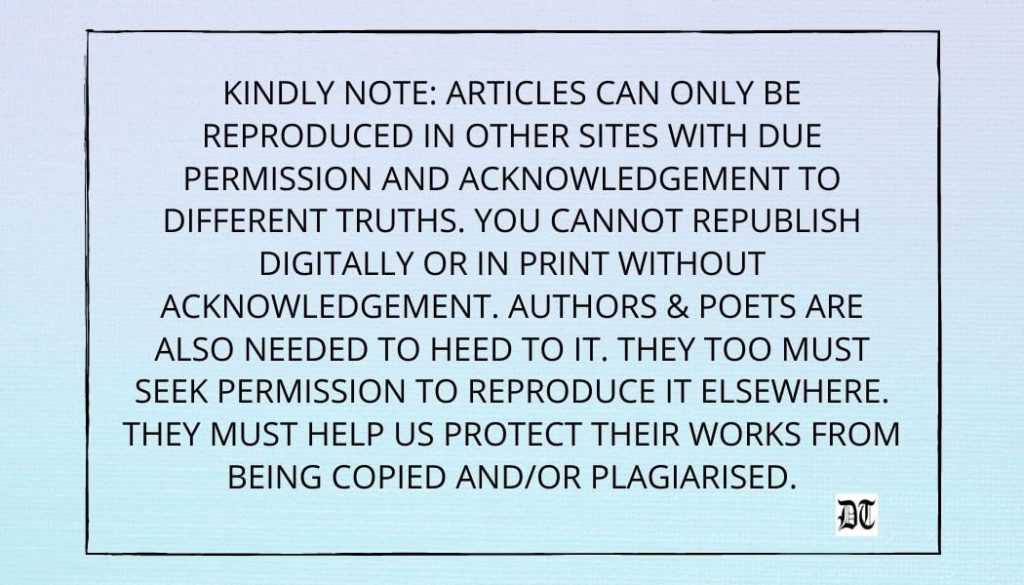

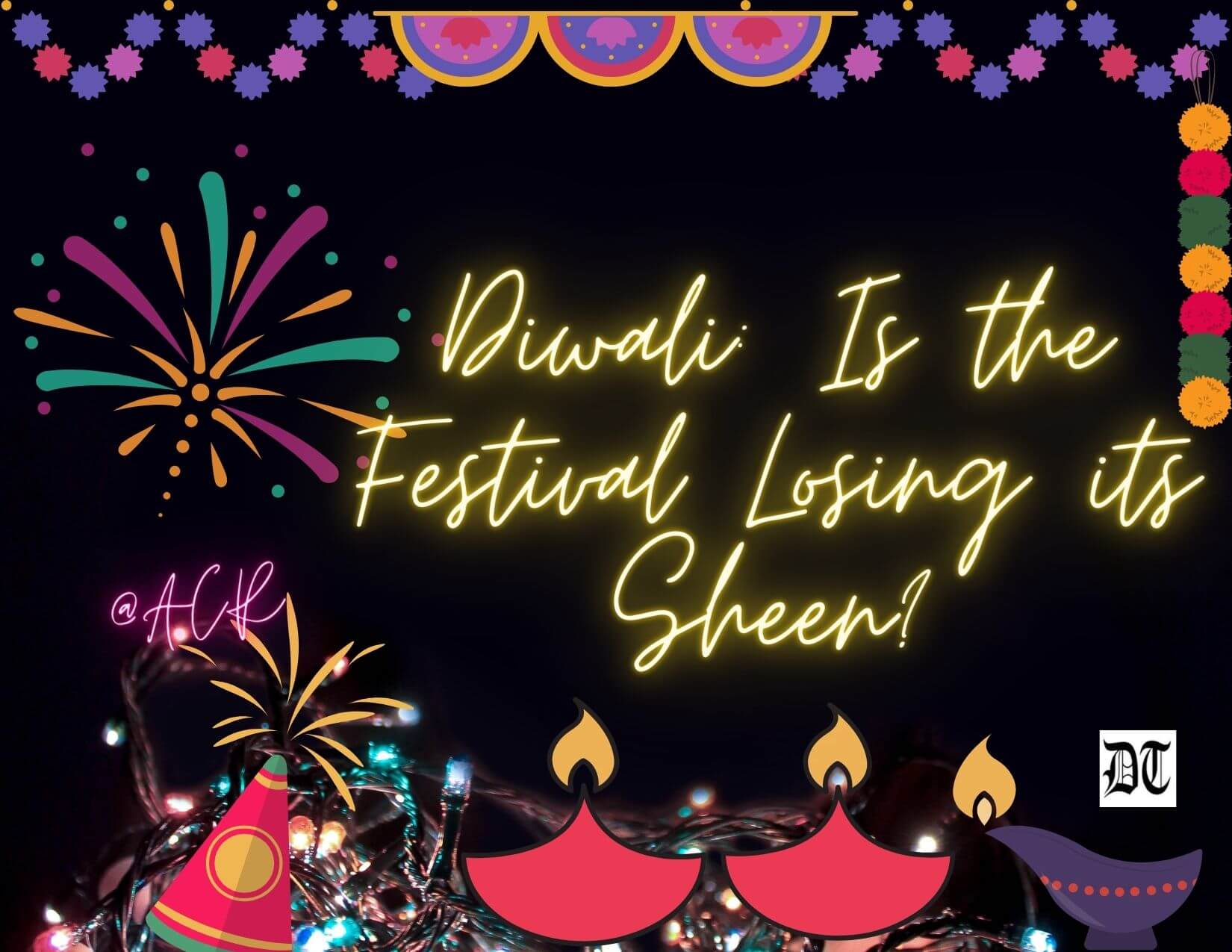

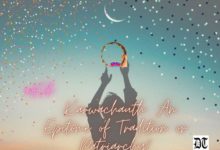
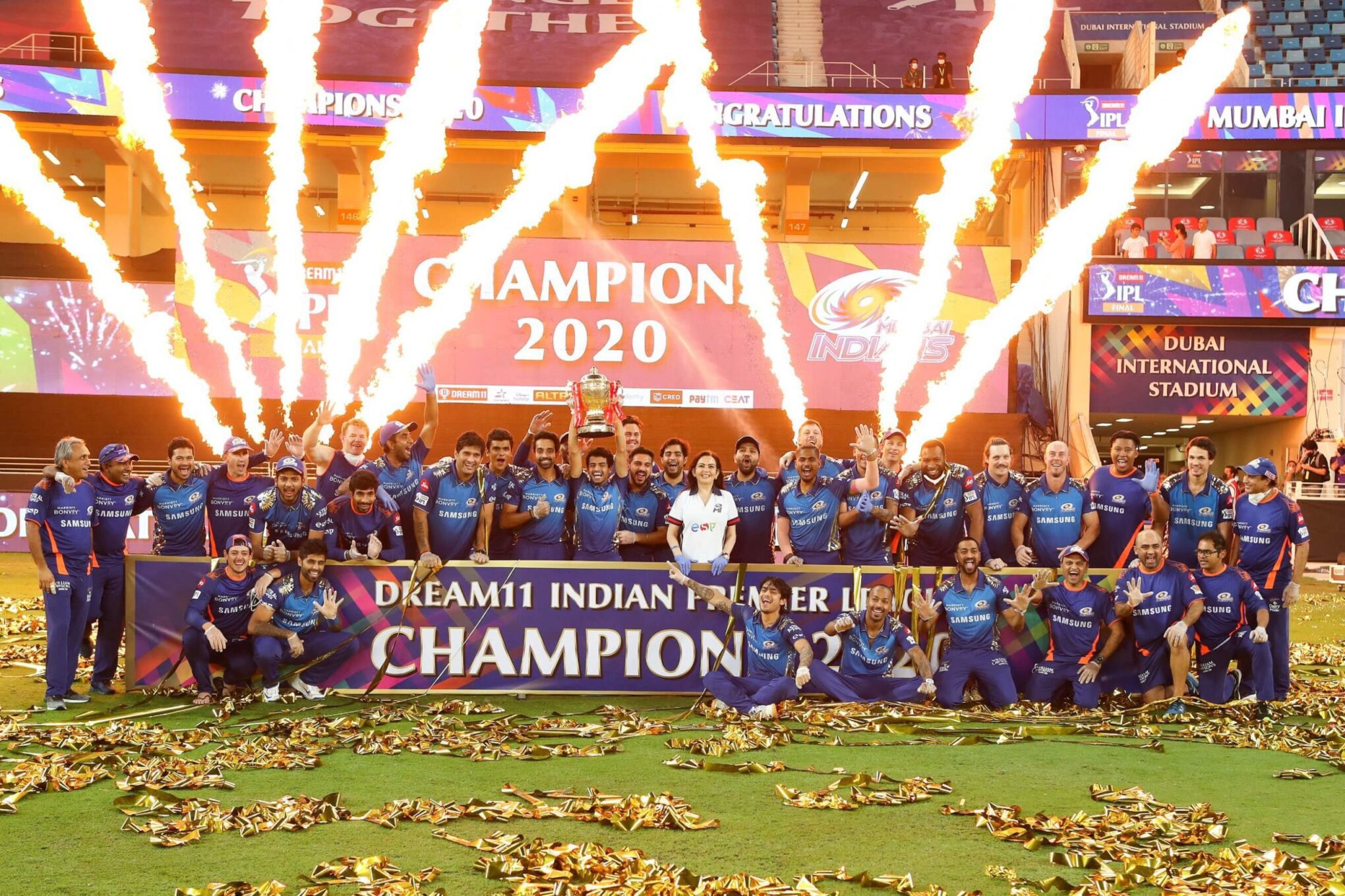


 By
By
 By
By
 By
By